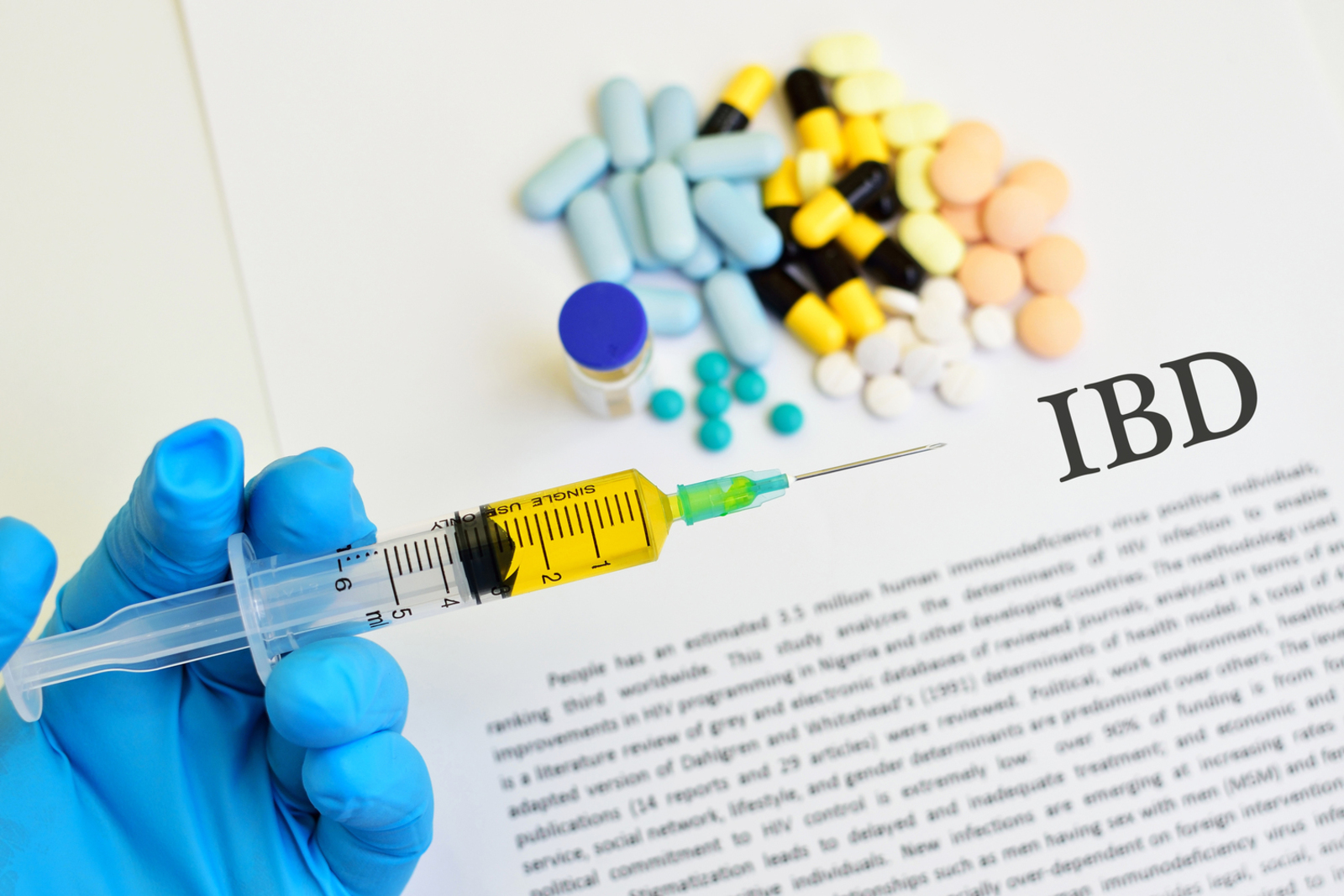
5 Effective Lifestyle Changes to Manage IBD
Living with inflammatory bowel disease (IBD), which includes ulcerative colitis and Crohn’s disease, can be challenging. It can impact your daily routine and quality of life. However, making certain lifestyle changes can help you manage your symptoms and live a healthy life. Here are five effective lifestyle changes that can help you manage IBD:
1. Talk to your doctor about medication treatment options
Medications are an essential part of managing IBD. Anti-inflammatory drugs such as corticosteroids and aminosalicylates can help reduce inflammation in the gut. However, if you don’t respond to these drugs or experience side effects, biologics such as Entyvio, Stelara, Humira, and Xeljanz may be recommended. These drugs target specific proteins in the immune system that trigger inflammation. Your doctor can guide you on which medication may be suitable for you based on your symptoms and medical history.
2. Follow a balanced diet
Following a balanced diet can help reduce inflammation and provide essential nutrients. Eat a variety of fruits, vegetables, whole grains, and lean proteins such as chicken, fish, and tofu. Avoid foods that trigger symptoms such as dairy products, spicy foods, and high-fat foods. It may also be helpful to keep a food diary to track your symptoms and identify foods that trigger symptoms.
3. Stay hydrated
Dehydration can worsen IBD symptoms. Make sure you drink enough water throughout the day. Avoid sugary drinks and alcohol as they can cause dehydration and irritate the gut. You can also drink herbal tea or coconut water to replenish electrolytes.
4. Manage stress
Stress can worsen IBD symptoms. Find ways to manage stress such as practicing mindfulness meditation, yoga, or deep breathing exercises. Regular exercise can also help reduce stress levels and promote overall health.
5. Get enough sleep
Sleep is essential for your overall health and wellbeing. IBD can disrupt your sleep, so it’s essential to establish a sleep routine. Go to bed and wake up at the same time every day. Avoid screen time before bedtime, as the blue light can disrupt your sleep. If you have trouble sleeping, talk to your doctor about possible sleep aids.
Managing IBD can be challenging, but making certain lifestyle changes can help you manage your symptoms and live a healthy life. Talk to your doctor about medication options, follow a balanced diet, stay hydrated, manage stress, and get enough sleep. By implementing these changes, you can reduce inflammation, improve your gut health, and enhance your overall wellbeing.


